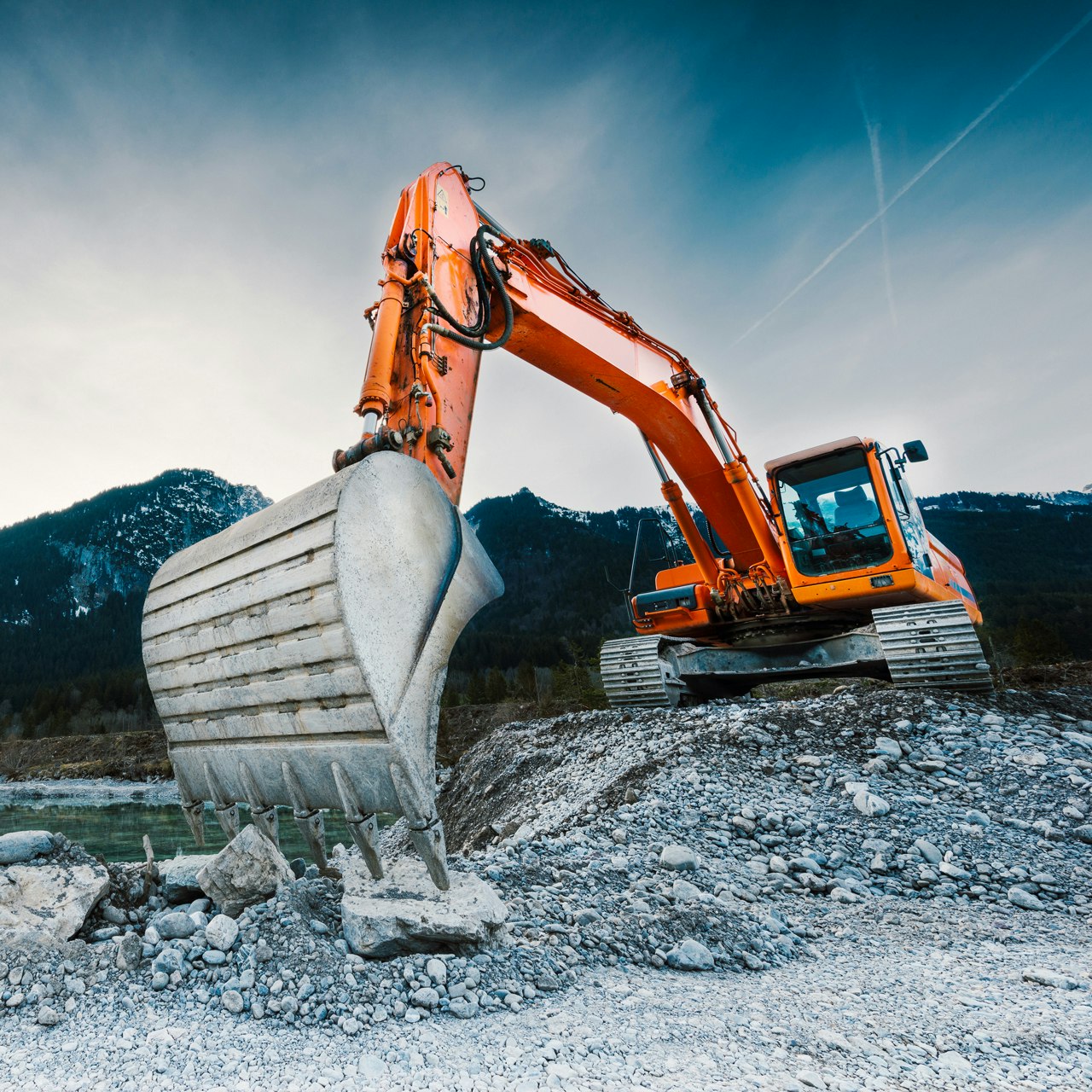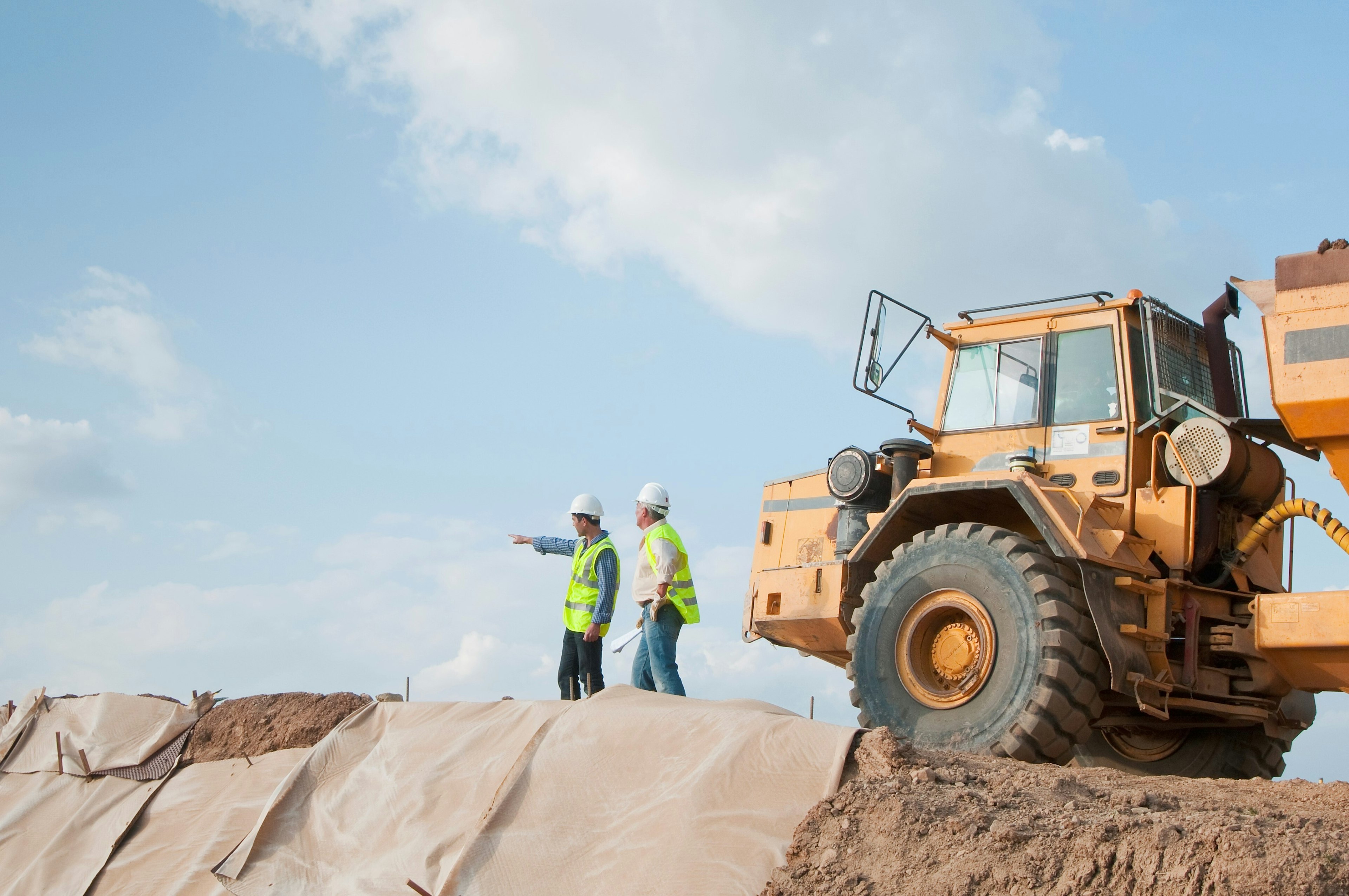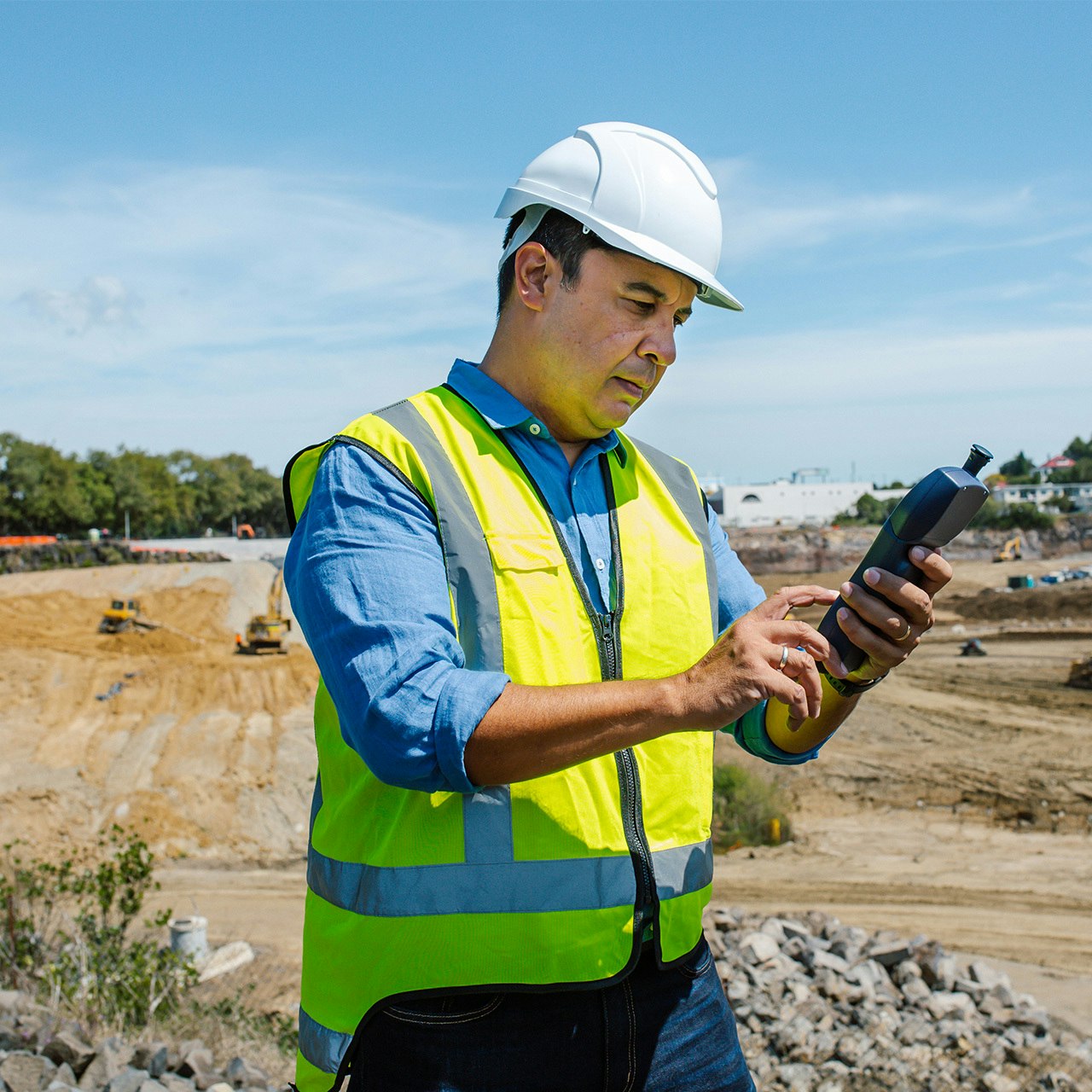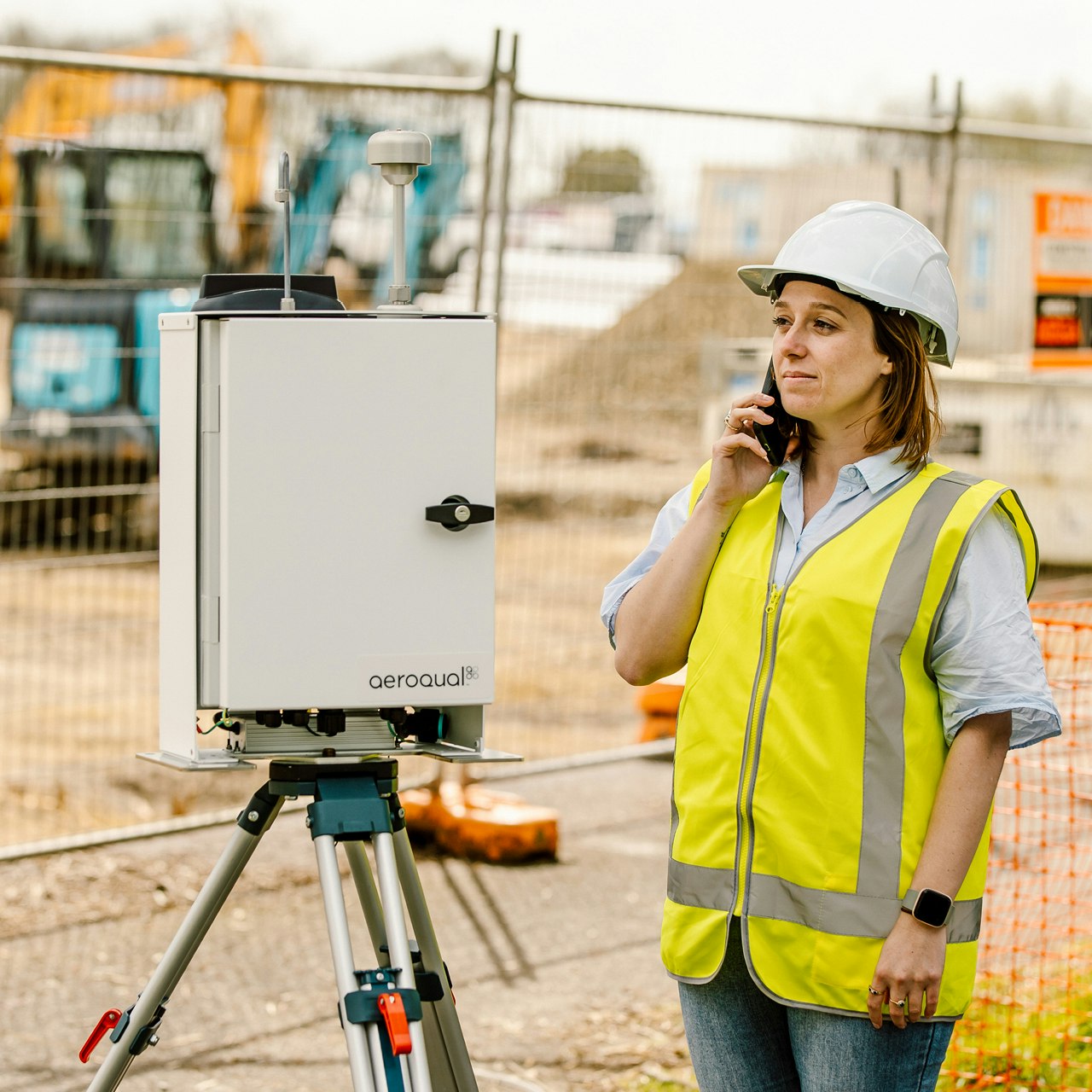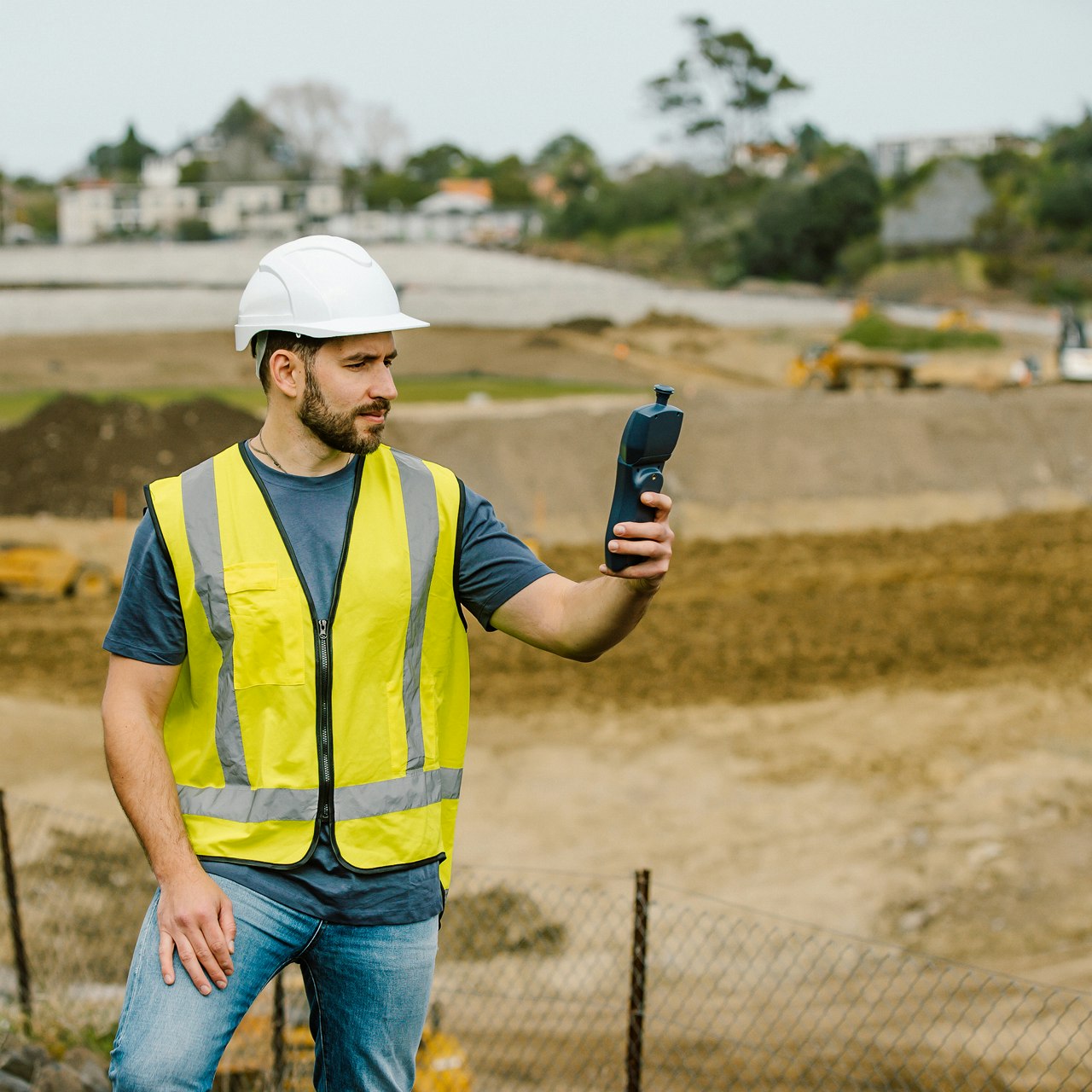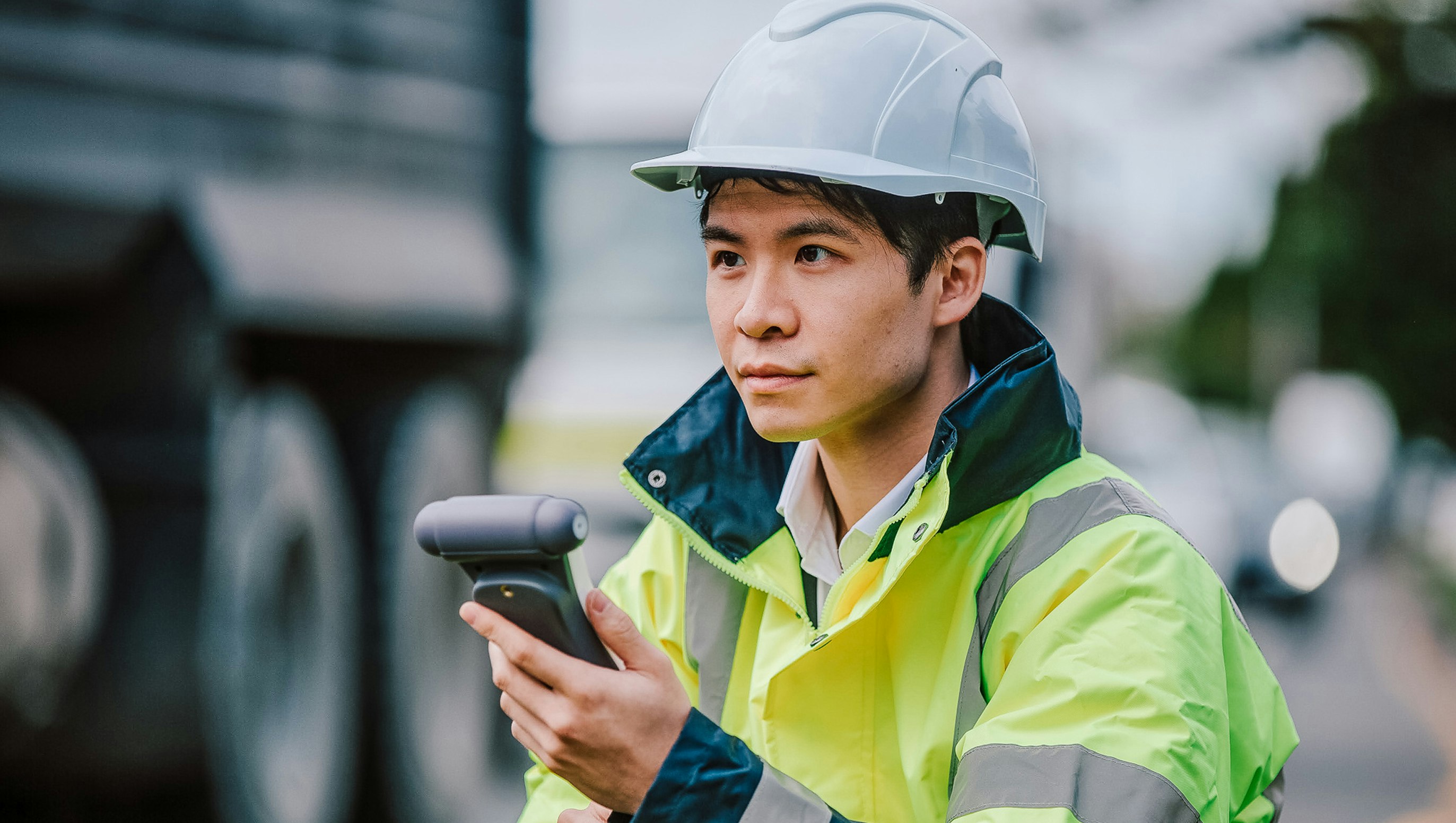Blog
Consultants Need to Become Better Educators
Article Details
Last Updated
04 April 2024
Published
22 March 2019
Category
Community
Environmental consultants have always had some level of community interaction. What’s changed, however, is a shift in the balance of power towards the public and this has all sorts of ramifications for the air testing community.
Senior Consultant and Air Quality, Health, and Data Scientist with SHAIR at Ramboll in San Francisco, Drew Hill, PhD, MPH says consultants have always been educators. Education, however, takes on a new meaning because the public now has the data in their hands.
“Previously, consultants could present data using common language and illustrations that were easy to comprehend.”
“Now, however, we have to address very specific questions about the data which often requires teaching scientific literacy. We think that this is an important development that will ultimately benefit the dialog between community and industry. We are going to need to be more thoughtful in how we engage with communities.”
Better understanding of community stakeholders needed
Hill believes that consultants must work harder to better understand what communities want and a start may be by attending community meetings as a member of the audience (where possible) – provided this is done in a way that is respectful to the community concerned.
“To be better educators, we need first to understand the needs of the communities with which we are engaging. That means more talking to community members, actively listening and doing so with tact and an open mind… we have a lot to offer, but we also have a lot to learn,” Hill says.
“How do we adapt to become a different sort of educator and communicator? In the future we will find ourselves having to synthesize, summarize and reach conclusions faster because people may already have the data.
“Sometimes those data may suffer from inaccuracies or important limitations, but they are coming to us at a faster pace and at a much finer spatial resolution than ever before. It is information that cannot and should not be ignored. To make better decisions with such information, the scientific literacy of communities will need to be increased. This will provide a huge benefit — a better-informed audience will ask tougher questions.”
Principal at Modern Geosciences (Colleyville, Texas) and author of the book Environmental Due Diligence: A Professional Handbook, Kenneth Tramm, PhD, PG, CHMM says consultants will require greater empathy.
“The consultant today and in the future will need to be a more neutral arbiter because all you have is your reputation. The challenge is to communicate from a neutral and informed understanding of the data and the concerns of the communities we work with – no matter who the client is.”
Tramm says it is incumbent on consultants to demand and deliver the highest quality data.
“If you weight your interpretation of the data in favor of stakeholders like an industrial client, you’re going to have a perception problem. In the end you do no one any favors.”
“Consultants will be scrutinized more closely than ever before. Your data is going to have to be defensible – you can’t solve a problem by saying it’s not there – and the public will be skeptical because they know who hired you.”
Modern Geosciences Principal & author, Kenneth Tramm
Consultants’ knowledge will be tested
Tramm says that good educators are always students themselves.
“The conversation is going to happen. We have a better-informed public, advocacy groups and industry when it comes to issues like greenhouse gases. Conversations are happening now and faster than most government entities are equipped to answer.
“Continuous education in the next 10 to 15 years will be essential because there are citizen scientists out there who want answers and they have the tools to ask better questions,” says Tramm.
Hill says that the real revolution is public access to data.
“People are maybe more skeptical, which means consultants will have to provide more information and context when making statements about what is safe and what is unsafe.”
“Sensor technology is evolving, and low-cost sensor data are becoming more democratized. Whether or not the technology is being used correctly, we need to be careful of the caveats of the data it produces – both for ourselves, and when helping communities interpret their data.”
While the data may not always be perfect, consultants are going to have to be respectful of the community perspective and apply greater thoughtfulness in coalescing the strengths, weaknesses and caveats of the data into useful information.
“Overall, I find community interaction inspiring,” says Hill. “Here are people who care, who are passionate and who want to understand the impacts of the quality of the air that they breathe.”
“Data are not just numbers. Data are numbers that affect people, and in 2019, as sensor technology becomes more widely accessible and as related data become more democratized, we should be even more conscious of the people behind the numbers.”
Read our article
Three respected consultants share their hopes and fears for the air quality consulting business as lower cost air quality sensors enable air quality monitoring to go mainstream.
Air monitoring made easy
Take the time and hassle out of your next project with a real-time air quality monitoring solution.





